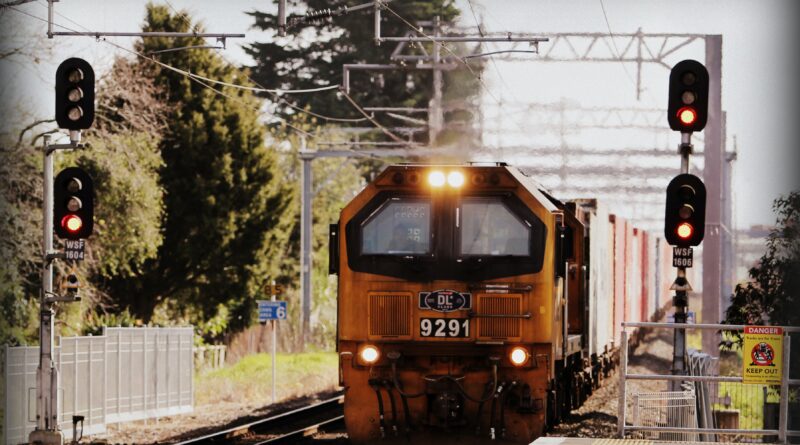Heijō Unten (平常運転 – As Usual)
Heijō Unten
平常運転
Today is Christmas, but I have no special plans besides work; in other words, it is heijō unten (平常運転).
今日はクリスマスですが、私は特に仕事以外の予定もなく「平常運転」です。
Since heijō (平常) means “normal,” and unten (運転) means “operation,” the literal meaning of heijō unten (平常運転) is “normal operation.”
「平常」は “normal”、「運転」は “operation” を意味するので、「平常運転」の文字どおりの意味は “normal operation” となります。
Originally, the term heijō unten was used to describe that public transportation like buses or trains would operate on schedule without trouble.
「平常運転」はもともと、バスや電車などの交通機関が、トラブルなく時刻表通りに運行することを意味する言葉でした。
Later, young people began to use it to describe people’s routines, meaning “as usual.”
これが、「いつも通り」という意味で人に対しても使われるようになったというわけです。
Sometimes, heijō is replaced with tsūjō (通常 – meaning “usual’) to say tsūji unten (通常運転), which means the same as heijō unten.
「平常」の代わりに「通常」を使って「通常運転」と言うこともあります。




